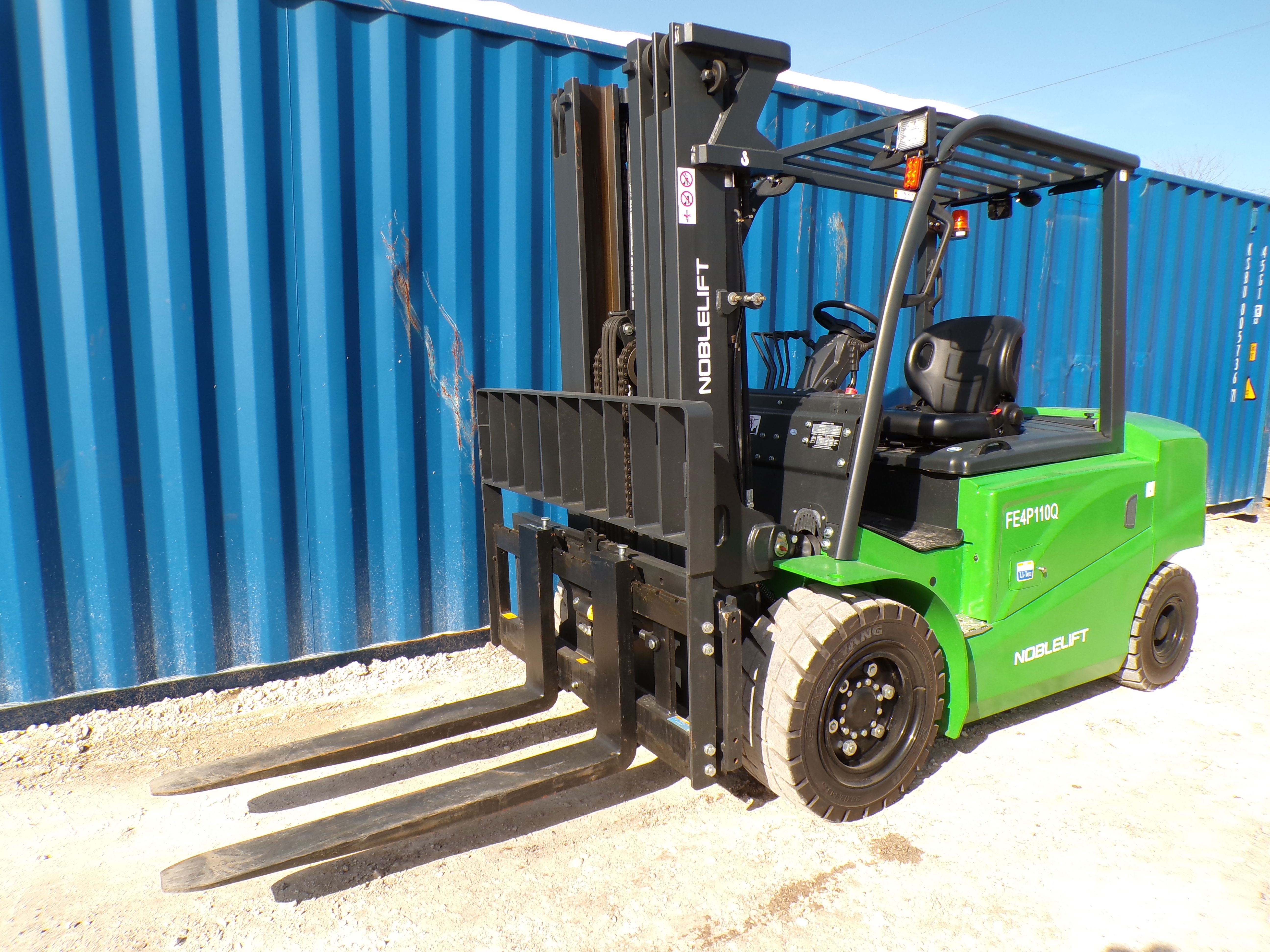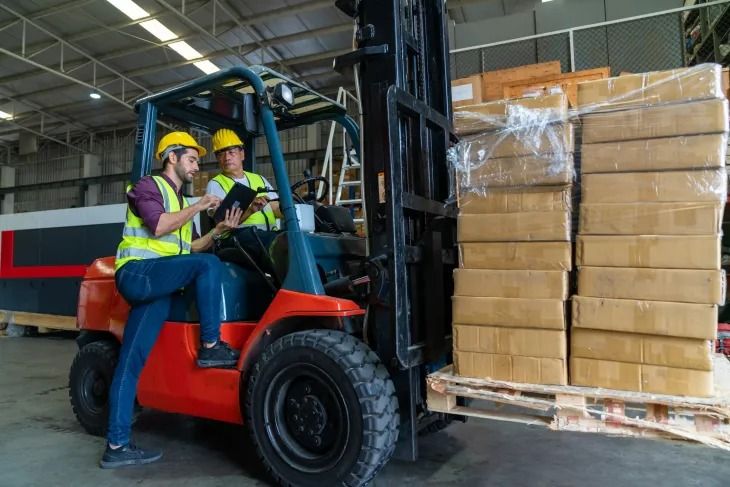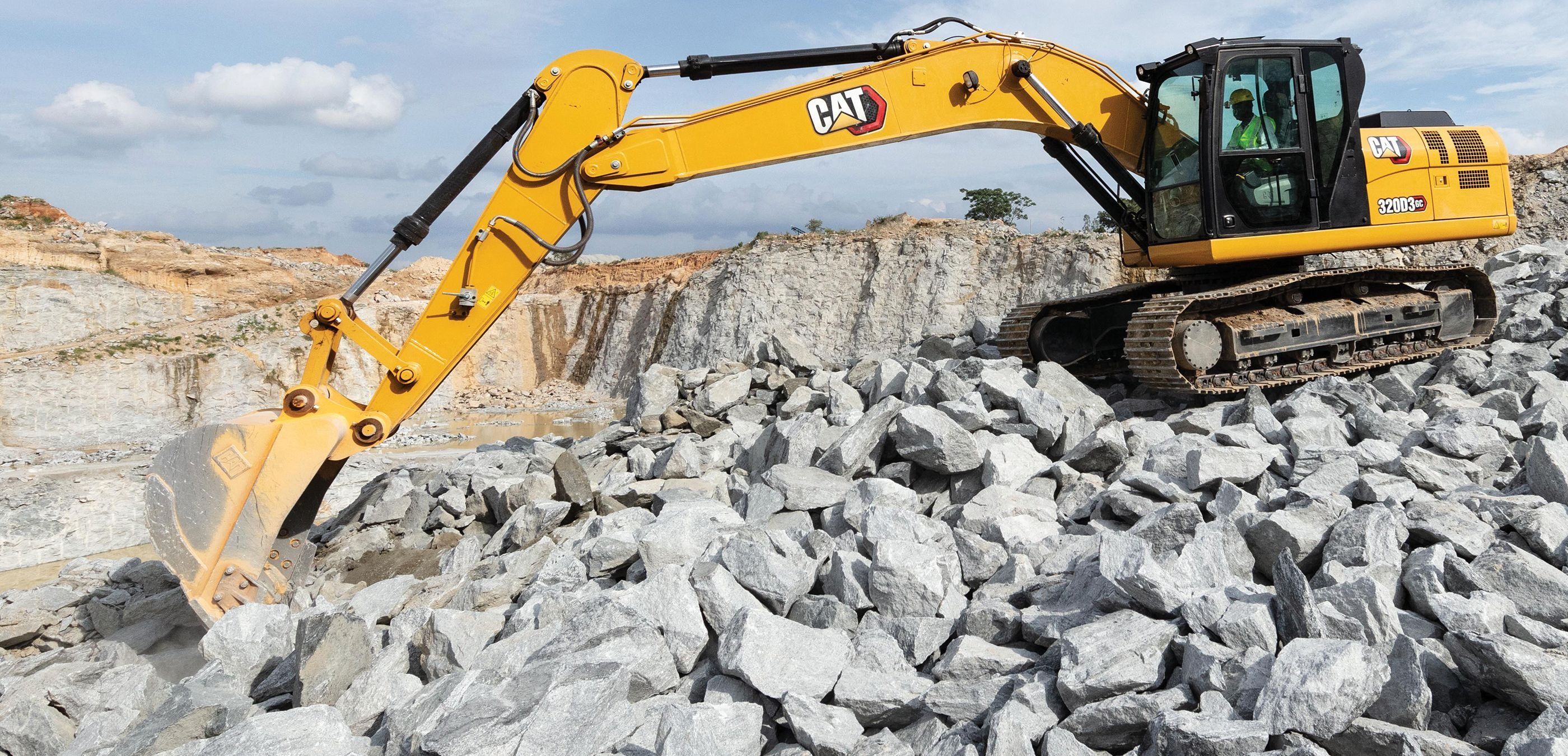When you're running heavy equipment, every hour and gallon count. Whether you're moving dirt, pouring footers, or handling demolition, fuel use adds up fast and so does idle time. That's where Tier 4 rental machines can make a real difference.
Designed to meet stricter emissions rules, Tier 4 equipment does more than just help meet regulations. It helps save money on fuel, cut delays on site, and simplify daily operations.
Here’s how renting Tier 4 machines helps crews work smarter without changing how they work.
What Is Tier 4 Equipment?
Tier 4 refers to the U.S. Environmental Protection Agency's final phase of emission standards for diesel engines in off-road equipment. These machines are built to reduce pollutants like nitrogen oxides and particulate matter without giving up performance.
You’ll find Tier 4 engines in:
- Skid steers
- Excavators
- Generators
- Wheel loaders
- Trenchers
- Backhoes
All major manufacturers now offer Tier 4 versions of their most popular machines—and most rental yards carry them as the standard.
Fuel Use: Less Waste, More Runtime
Older machines waste fuel at idle or during light-load tasks. Tier 4 models are built to adjust engine output based on real-time demand. That means less fuel burned during idling, and better mileage when you're running attachments like hammers, augers, or buckets.
Over the course of a week, that might mean:
- Fewer fill-ups
- Lower fuel bills
- Reduced need for fuel delivery to remote sites
Even a 10–15% drop in fuel use adds up fast especially for contractors working long days or multi-week projects.
Time Savings on the Jobsite
Tier 4 machines often include added features to reduce downtime:
- Auto-idle and auto-shutdown for breaks or pauses
- Faster startup with electronic controls
- Improved diagnostics that reduce guesswork when something goes wrong
These small features mean less waiting, less troubleshooting, and smoother progress day to day.
Why Rent Instead of Buy?
Not every contractor needs to own Tier 4 machines. For many, renting them makes more sense:
- No long-term maintenance costs
- Avoids emissions compliance headaches
- Always access newer models with updated tech
- Perfect for one-off jobs or seasonal spikes
Renting also helps small crews take on larger contracts without a major upfront investment.
Frequently Asked Questions
They run on ultra-low sulfur diesel (ULSD), which is now standard in most areas. Engine oil requirements vary by model but are available from the rental yard.
No. Most operate the same as older models. The emission system works in the background.
While emissions are reduced, ventilation is still important in enclosed spaces. Check with local safety rules before use.



